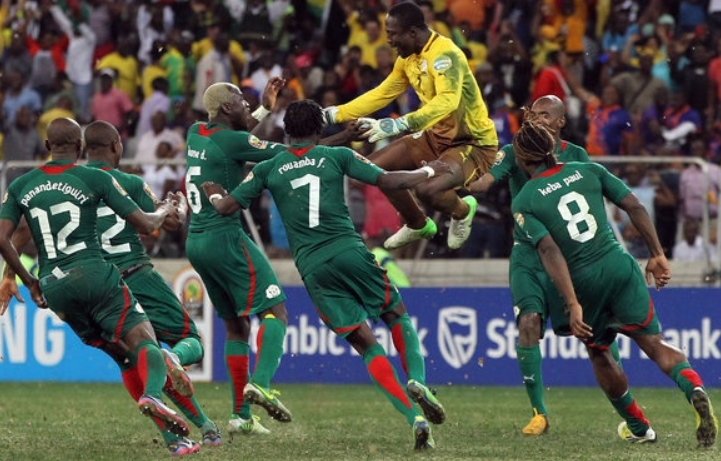How African Countries Are Profiting from Sports

Sports in Africa have always been a source of pride, identity, and unity. From iconic football matches to Olympic moments, the continent’s athletic potential has never been in doubt. But in recent years, a new chapter has begun — one where sport is no longer just passion, but profit. African countries are now actively investing in and monetizing sport as a tool for economic growth, youth employment, tourism, and international influence.
This shift isn’t accidental. It’s part of a larger realization: sport is a business — and Africa is ready to win on and off the field.
1. Hosting Tournaments: Stadiums, Sponsorship, and Spotlight
In recent years, several African nations have stepped up to host major sporting events — from the Africa Cup of Nations (AFCON) to World Athletics Championships, youth competitions, and even continental club tournaments. These events bring in millions of dollars through tourism, broadcasting, merchandising, and infrastructure development.
Take Côte d’Ivoire’s hosting of AFCON 2024. Over a billion USD was reportedly invested in new stadiums, airports, and hospitality. While some critics question the cost, others see it as long-term investment in sports tourism and national branding. Hotels were booked months in advance, street vendors saw booming sales, and local transport industries benefitted directly.
2. Exporting Talent: Athletes as Economic Assets
Africa remains one of the world’s largest exporters of football talent — and it’s now a structured business. Countries like Senegal, Ghana, Nigeria, and Mali have youth academies linked with European clubs. When a player is transferred from a European club to another, the original African academy often receives solidarity payments and training compensation fees under FIFA regulations.
More importantly, top-level athletes are investing back home. Stars like Sadio Mané, Didier Drogba, and Mo Salah have launched football schools, stadiums, and foundations, creating jobs and empowering communities.
This cycle — training, transfer, reinvestment — now represents a legitimate economic model for many nations.

3. How Sport Generates Revenue in Africa
Sport today fuels more than just stadium noise — it drives entire economic sectors. Here’s how:
- Tourism income from visitors attending or participating in events
- Merchandising & ticket sales for local and international matches
- Broadcasting rights sold to media and streaming platforms
- Tax revenues from legal betting and sports-related businesses
- Brand sponsorships tied to teams, leagues, and tournaments
- Foreign investments into training centers and academies
- Employment opportunities in logistics, security, media, coaching
Each element contributes to the broader goal: turning athletic excellence into real-world prosperity
4. Broadcasting & Digital Media
With mobile technology on the rise and millions of young users online, African leagues are gaining value via digital rights. Local broadcasters are paying more for football rights, while tech platforms — including betting companies — are signing deals to stream live matches.
The South African PSL, Egyptian Premier League, and Nigerian NPFL are now part of regional and global media deals. Additionally, platforms like YouTube and Facebook are monetizing local matches, interviews, and highlights — giving clubs and federations new digital income streams.
5. The Betting Industry Boom
One of the fastest-growing segments is sports betting. While it must be regulated carefully, legal betting creates jobs, sponsorship deals, tech startups, and tax revenue. In countries like Ghana, Kenya, and Côte d’Ivoire, betting firms are among the top sponsors of national teams and leagues.
This creates a circular model: fans bet → platforms earn → brands invest in sport → the game grows.
Conclusion: A Winning Formula for the Future
Africa’s journey from sports passion to sports profit is well underway. With smart investment, infrastructure development, talent export, and digital media innovation, many countries are already turning athletic energy into sustainable income.
For the first time, Africa isn’t just producing stars — it’s building sports economies.
And as more governments, federations, and entrepreneurs recognize this potential, the future of African sport may be as bright economically as it is on the field.




